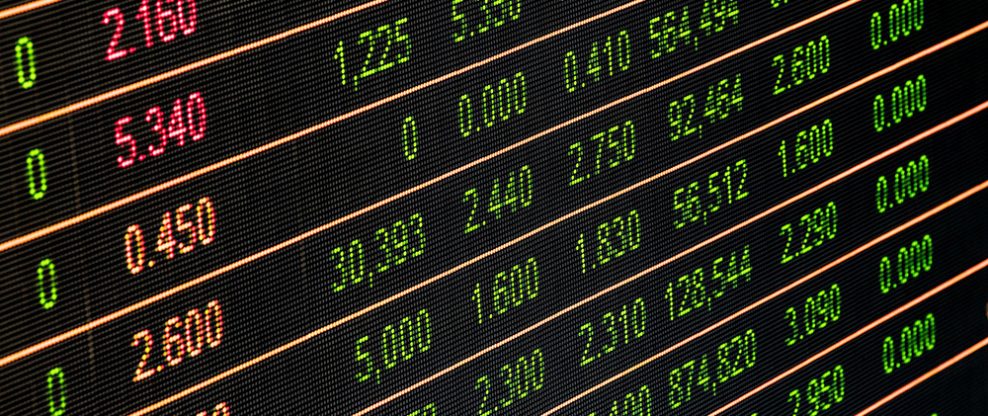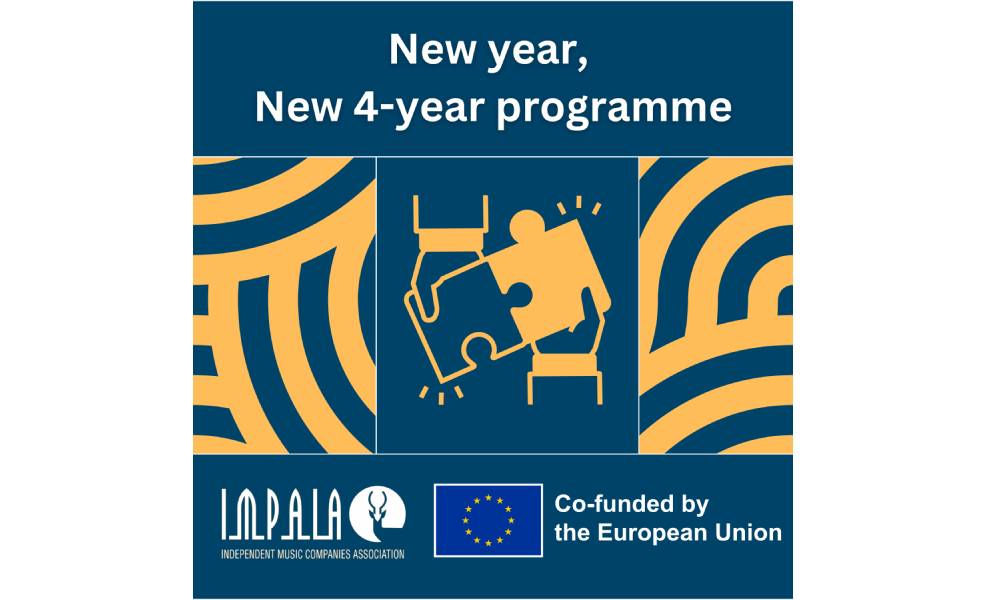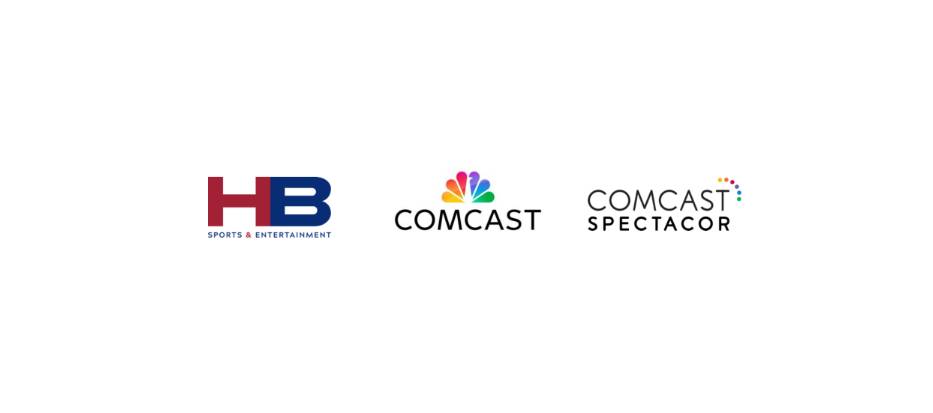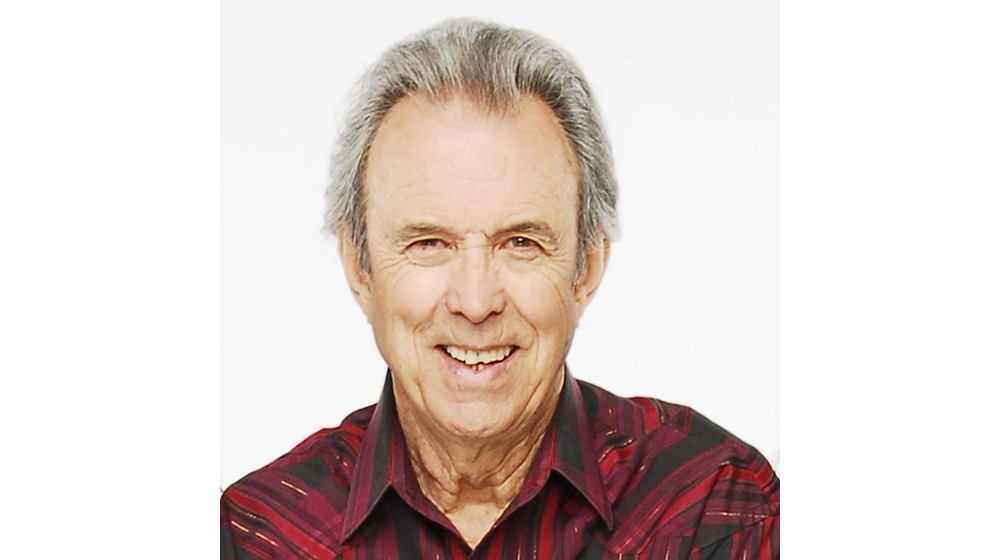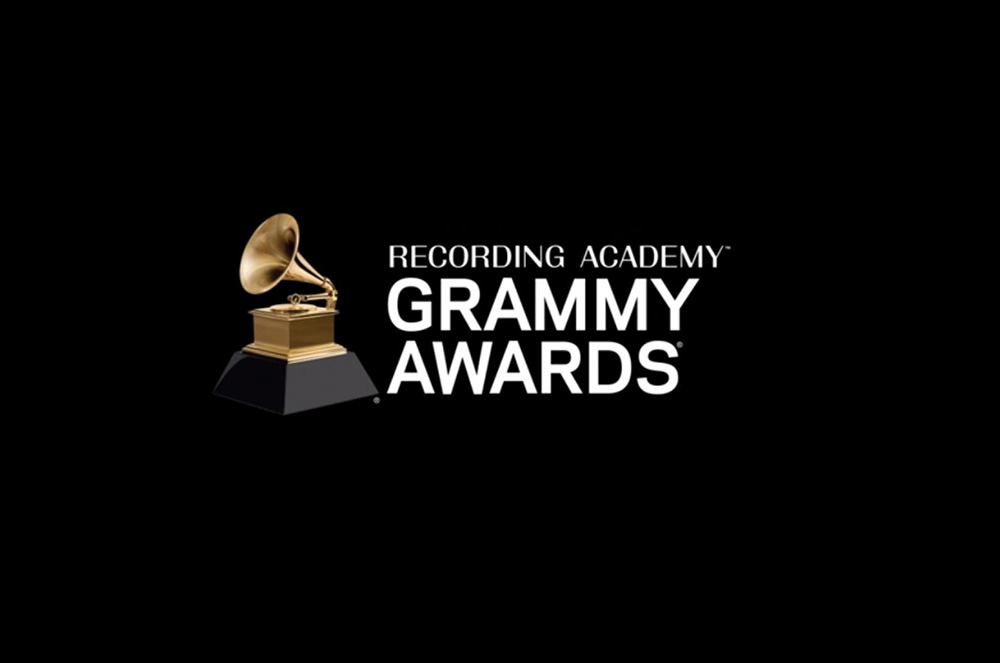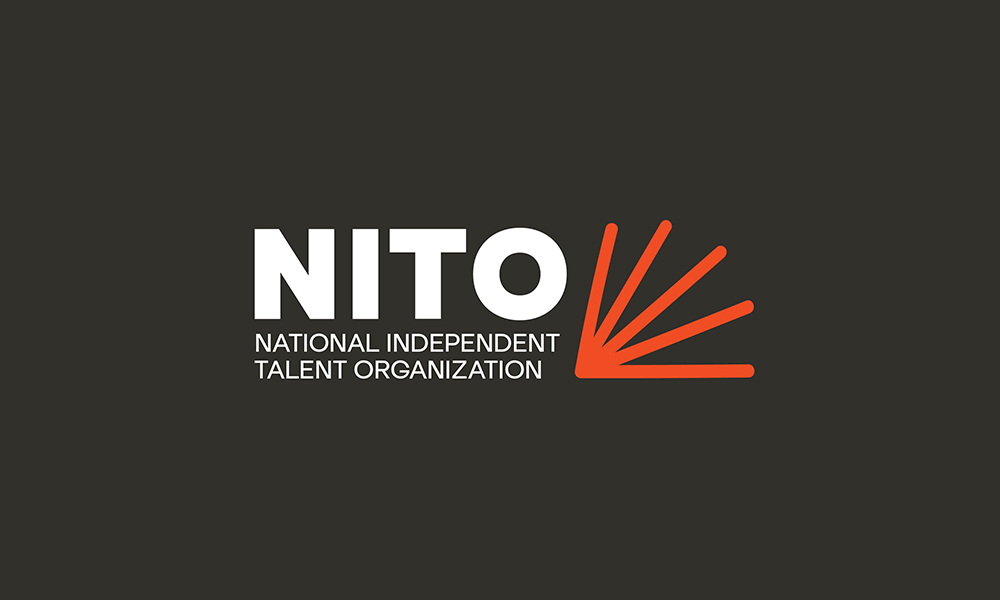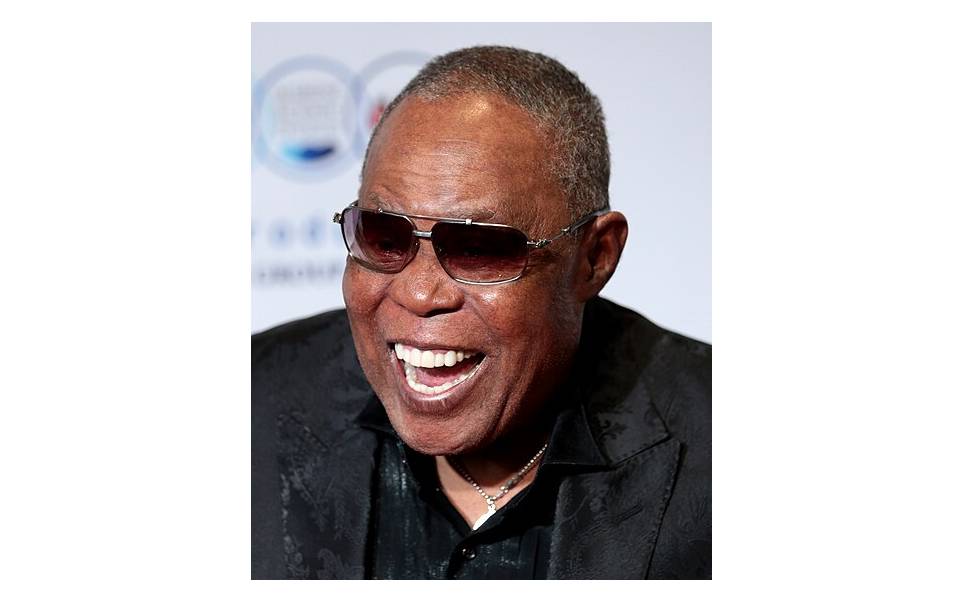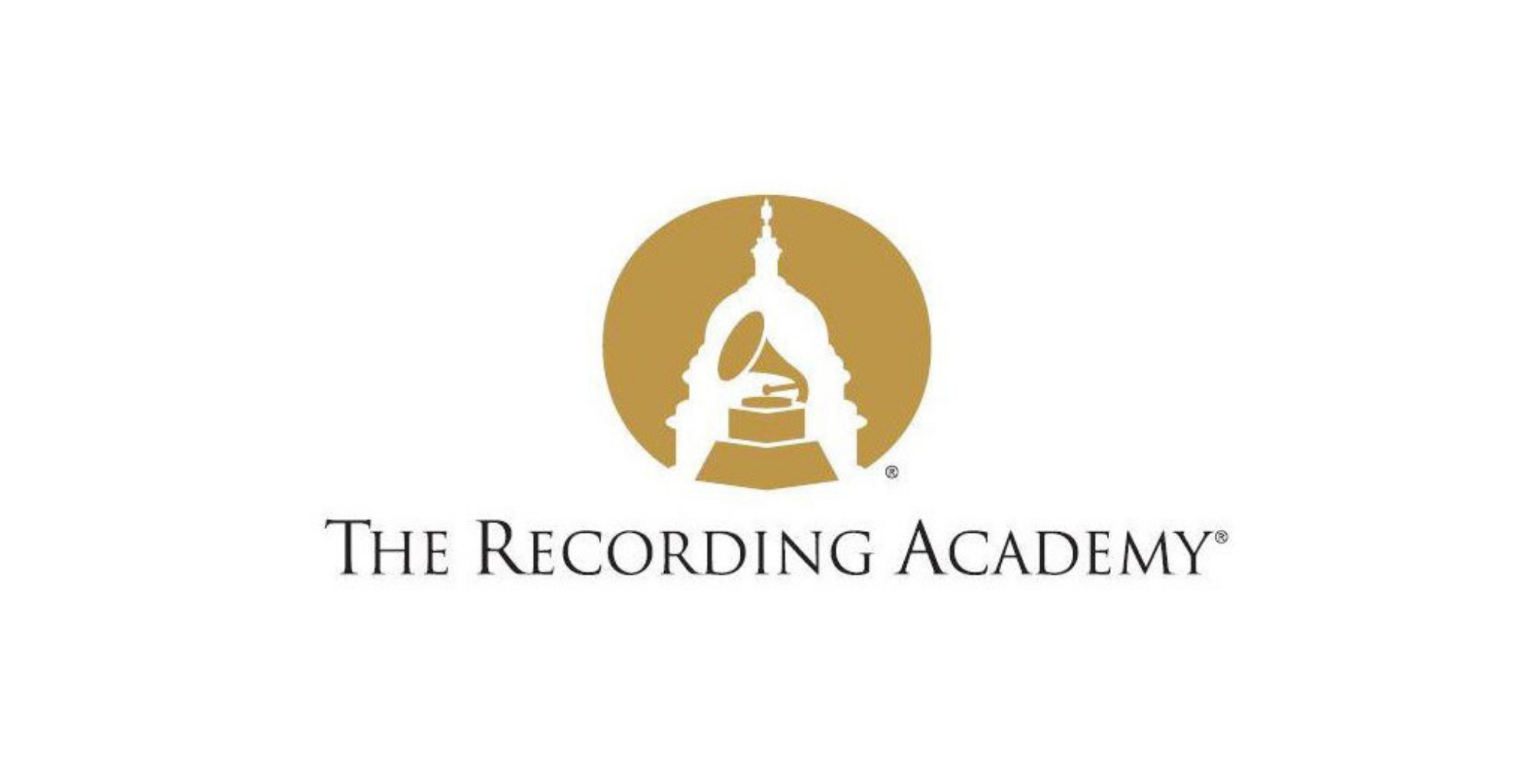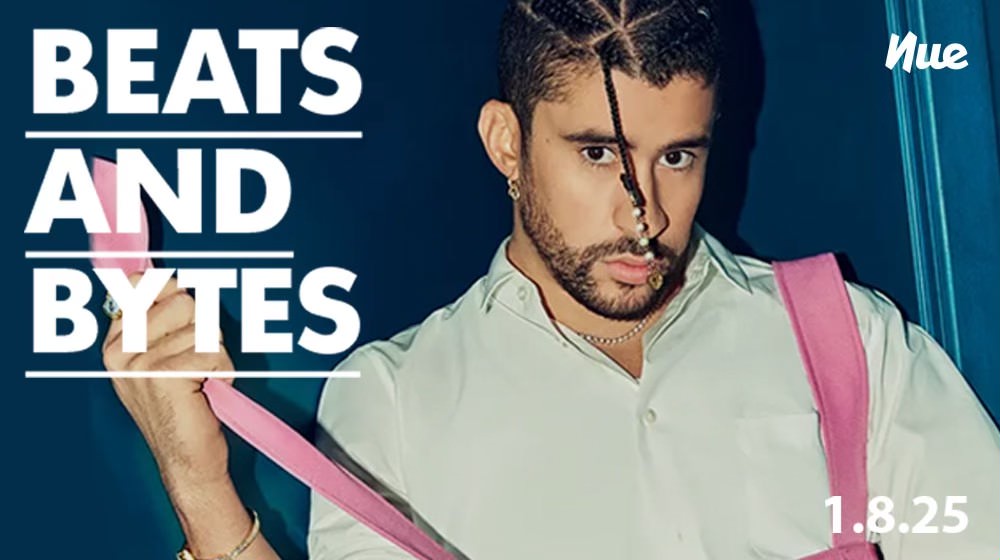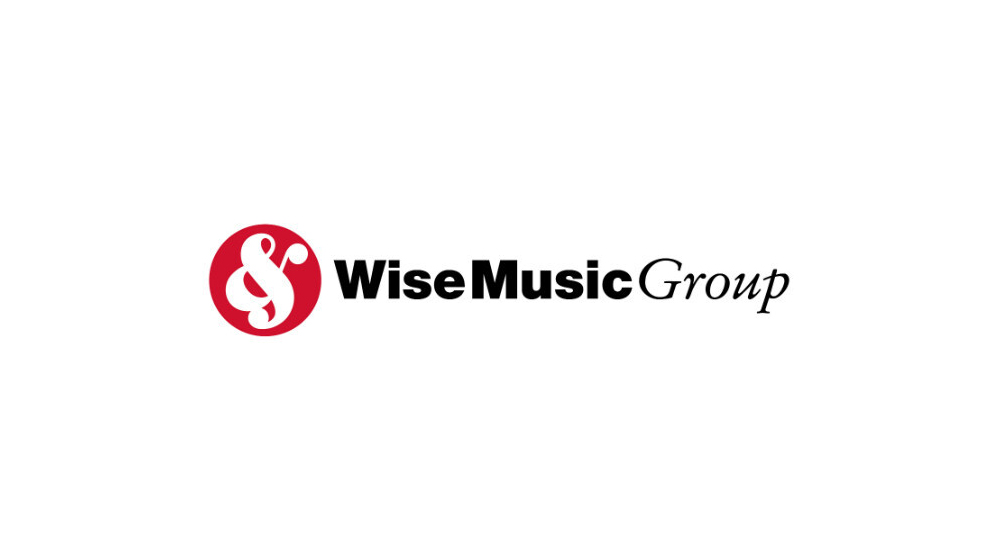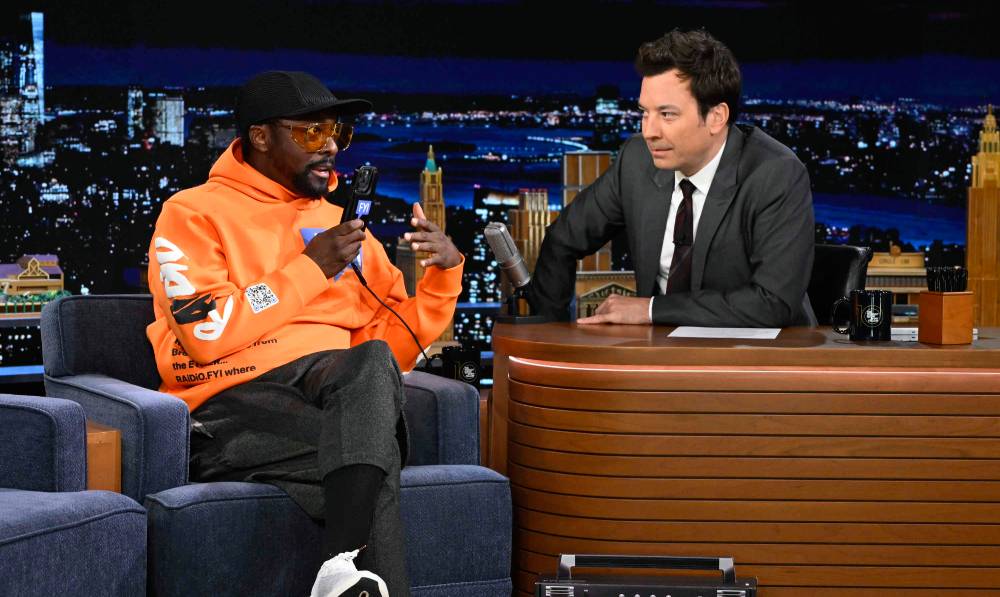NEW YORK (Hypebot) — Chris Castle of Music Technology Policy offers an alternative interpretation of Spotify’s recent stock behavior, including how the streamer is taking a much tougher approach with labels and other rights holders.
_______________________
Guest post by Chris Castle of Music Technology Policy
We live in an era of fraud in America. Not just in banking, but in government, education, religion, food, even baseball… What bothers me isn’t that fraud is not nice. Or that fraud is mean. For fifteen thousand years, fraud and short-sighted thinking have never, ever worked. Not once. Eventually, you get caught, things go south.
From The Big Short, screenplay by Charles Randolph and Adam McKay, based on the book by Michael Lewis
A quick aside–Billboard recently quoted the consultant Mark Mulligan as saying the following about Spotify (which is listed as a client of his MIDiA company, among others):
MIDiA Research managing director Mark Mulligan says Spotify’s general tune has changed since the company was listed on the New York Stock Exchange in April and must now aim to become profitable. “As the bellwether of streaming, Spotify has been dictating the narrative for years, but always with the focus of being a partner for rights holders. Now that it is public, Spotify has found that tough talking trumps sweet talking,” wrote Mulligan in a June 12 blog post. “Speaking from the experience of months of deep conversations with large institutional investors, Wall Street has pumped money into Spotify stock not because of how it will help labels’ businesses, but because they expect it to replace labels, or, at the very least, compete with them at scale.”
If “pumped money into Spotify’s stock” means, among other indicators, a wave of buyers, that’s one thing that Spotify’s stock does not have and so far never has had as measured by the lower chart below (see arrow):
Also remember–in Spotify’s “Direct Public Offering” model, the lion’s share of Spotify stock is initially being sold by insiders with no “lockup” restrictions (which could include consultants who got compensated in shares and cash), aside from a very, very thin public float. A thin float is not surprising for a stock that was intentionally priced out of the range of retail traders with the cooperation of the Securities and Exchange Commission.
That means that all the Spotify insiders have a strong interest in that price staying high–aside from any big blocks of shares that are being sold in dark pools, of course, which could also be an explanation for the very low reported volume. Traders I’ve spoken to are all watching the extraordinarily low Spotify volume and high price as are some other people. A cautionary tale for the Securities and Exchange Commission.
So I’m not really sure what “money” that “Wall Street” has “pumped” into the Spotify stock and even if they did understand that money is not going to the company–it’s going to the insiders. The company is not issuing any new shares.
That’s because the very rules of a “direct public offering” preclude an underwriting syndicate that would actually be pumping money into the stock in a full commitment underwriting of newly issued shares. In that situation, the underwriters would be buying new shares from the company, not from billionaires like Daniel Ek.
The only pumping I see going on, in my opinion, is spinning that there’s pumping of cash going on. And I’ve found that kind of pumping usually precedes the dumping.
Before we mix correlation and causation, I’d like to see some confirmation in the volume for the SPOT shares–which ain’t there as far as I can tell. The trading pattern looks a lot more like automated market making to me (which may explain the odd support level at $150). There’s also a “head and shoulders” technical pattern if you believe in that kind of thing or if you can believe in it on low volume and early days.
Even though it’s a truism, time really will tell. I’m not quite sure what you can tell about SPOT right now aside from asking yourself what would you sell to buy Spotify at $170? For most retail investors, my bet is that the answer is nothing–particularly if they remember people like Mary Meeker in the Dot Bomb crash.
And as far as “talking tough” goes, there’s lots of people who are ready to talk tough to Spotify and there’s one big difference between them and the labels. Some of them also carry badges.

